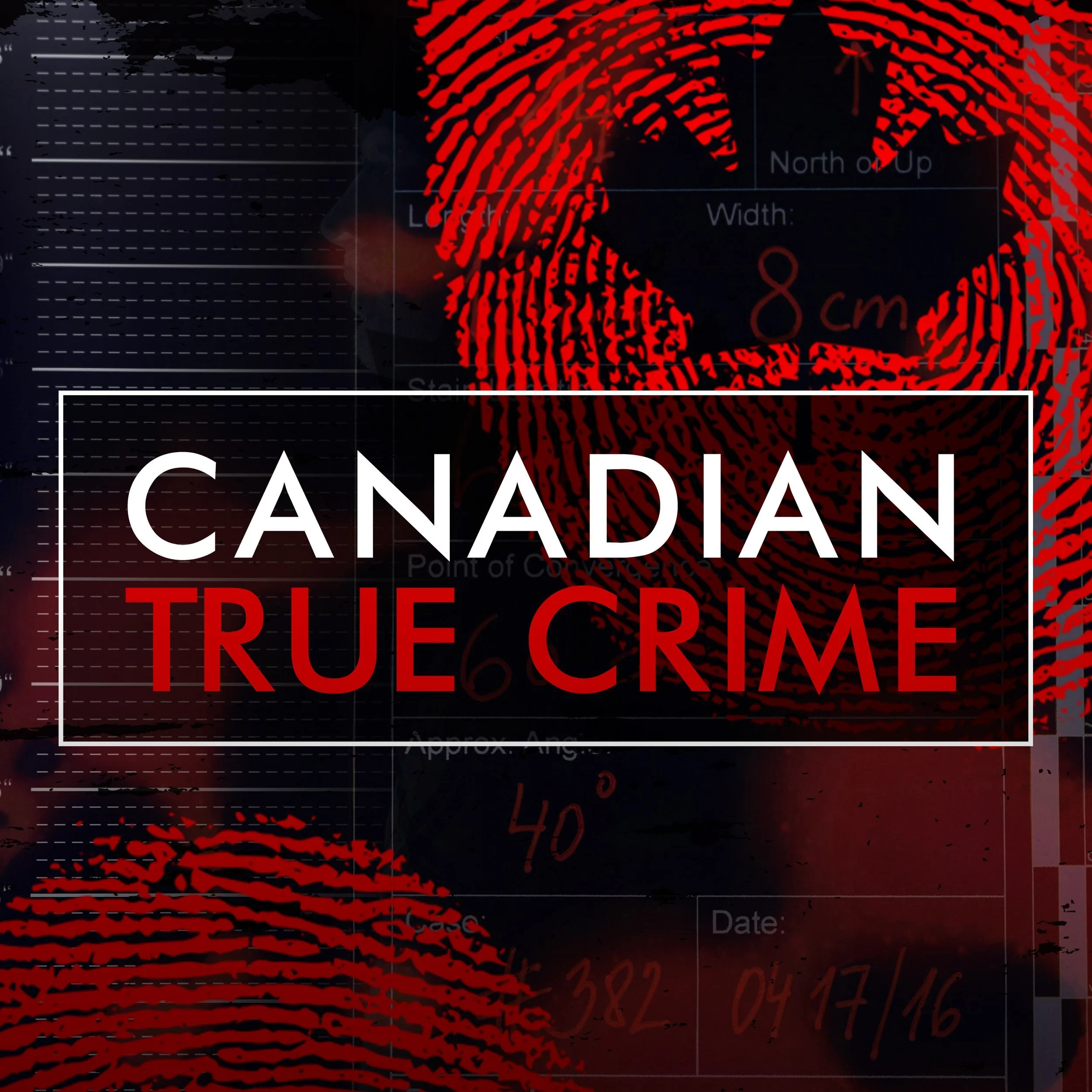About Canadian True Crime
From the snowy streets of small-town Canada to the darkest corners of the big cities… Canadian True Crime will imerse you in the nation’s most compelling crimes.
Join Aussie-Canadian host Kristi Lee as she unravels chilling true crime stories that shook the nation.
With meticulous research and a trauma-informed approach, Kristi takes you beyond the headlines, weaving the facts of each case together with the bigger picture to unravel what happened, the forces that shaped it — and the impact to those left behind.
Kristi founded the podcast as a personal passion project in 2017. With the help of a small talented team, she continues to lead the work as primary writer, researcher, producer and narrator.
Canadian True Crime has remained a completely independent production since 2017, funded mainly through advertising and thanks to listeners like you. We give back monthly to those facing injustice. You can support our work while also listening ad-free and early on our premium feeds.
Find out why Canadian True Crime is Canada's top independent podcast with more than 75 million downloads.
LISTEN ON
YOUR FAVOURITE PODCAST PLAYER:
LISTEN AD-FREE
AND EARLY
PREMIUM
Real stories told with purpose.
Canadian True Crime is a fully scripted narrative podcast that covers one Canadian crime at a time — comprehensively, from start to finish. Each case is carefully chosen, ranging from high-profile to lesser-known, historic to more recent, and everything in between.
Most of the cases we cover are solved, allowing us to focus on the broader picture: the underlying causes of crime, the social and historical context behind it and the systems that often fail the people they’re meant to protect.
Episodes are crafted using facts from public and court records, news archives, relevant academic research and where possible, participation from victims and survivors.
We’re committed to responsible storytelling that’s grounded in nuance and empathy with a trauma-informed approach. That means no victim-blaming, no shock tactics, no turning people into villains for drama and being mindful of where victims and survivors are in their grief journey.
We hope that by challenging harmful narratives, amplifying marginalized voices and standing with those facing injustice, we can help build a more compassionate and informed society — and contribute to a deeper understanding of the systems that shape our lives.
The podcast is non-partisan.
Accolades
In the top 10 Canadian Podcasts since 2020
- Apple Podcasts Canada
4.7/5 on Apple Podcasts with 15k reviews and ratings
Featured as one of Apple Podcasts’ 2024 Creators We Love for True Crime
See all accolades.







